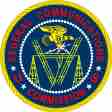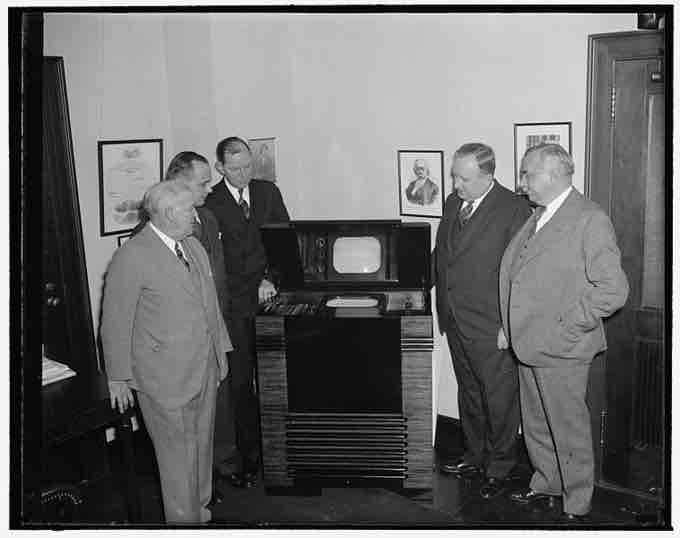Introduction
The Federal Communications Commission (FCC) is an independent regulatory agency of the United States government created by Congressional statute, with the majority of its commissioners appointed by the current president .

FCC Seal
Seal of the United States Federal Communications Commission.
The FCC took over wire communication regulation from the Interstate Commerce Commission. The FCC's mandated jurisdiction covers the 50 states, the District of Columbia and U.S. possessions. The FCC also provides varied degrees of cooperation, oversight and leadership for similar communications bodies in other countries of North America. The FCC is funded entirely by regulatory fees. It has an estimated fiscal-2011 budget of 354.2 million and 1,898 federal employees.
History
In 1934, Congress passed the Communications Act abolishing the Federal Radio Commission and transferring jurisdiction over radio licensing to a new Federal Communications Commission. Title II of the Communications Act focused on telecommunications using many concepts borrowed from railroad legislation and Title III contained provisions very similar to the Radio Act of 1927 .

FCC Commissioners inspect the latest in television (1939).
The Federal Communications Commission (FCC) has promised to ensure fairness in broadcasting.
In 1996, Congress enacted the Telecommunications Act of 1996. The legislation attempted to create more competition in local telephone service by requiring Incumbent Local Exchange Carriers to provide access to their facilities for Competitive Local Exchange Carriers. This policy has had limited success. The development of the Internet, cable services and wireless services has raised questions whether new legislative initiatives are needed. Congress has monitored developments, but as of 2009 has not undertaken a major revision of the regulation.
In the early 2000s, the FCC once again stepped up enforcement of indecency regulations, most notably following the Janet Jackson "wardrobe malfunction" that occurred during the halftime show of Super Bowl XXXVIII. However, the FCC's regulatory domain with respect to indecency remains restricted to the public airwaves, notably VHF and UHF television and AM/FM radio.
Organization
The FCC is directed by five commissioners appointed by the president. The president designates one of the commissioners to serve as chairman. Only three commissioners may be members of the same political party. None may have a financial interest in any FCC-related business.
The Consumer & Governmental Affairs Bureau (CGB) develops and implements the FCC's consumer policies, including disability access; The Enforcement Bureau (EB) is responsible for enforcement of provisions of the Communications Act of 1934, along with FCC rules, orders and conditions of station authorizations; The International Bureau (IB) develops international policies in telecommunications like coordination of frequency allocation; The Media Bureau (MB) develops, recommends and administers the policy and licensing programs relating to electronic media, including cable television, broadcast television, and radio in the United States and its territories; The Wireless Telecommunications Service (WCS) deals with Advanced Wireless Services (AWS) and fixed, mobile, and broadcast services on the 700 MHz Band; The Wireline Competition Bureau (WCB) develops policy concerning wireline telecommunications.
Broadcast Licensing
The FCC regulates broadcast stations, amateur radio operators, and repeater stations as well as commercial broadcasting operators. Broadcast licenses are to be renewed if the station meets the "public interest, convenience, or necessity. "
The FCC's enforcement powers include fines and broadcast license revocation. Burden of proof would be on the complainant in a petition to deny. Fewer than 1% of station renewals are not immediately granted, and only a small fraction of those are ultimately denied. While the FCC maintains control of the written and Morse testing standards, it no longer administers the exams, having delegated that function to private organizations.